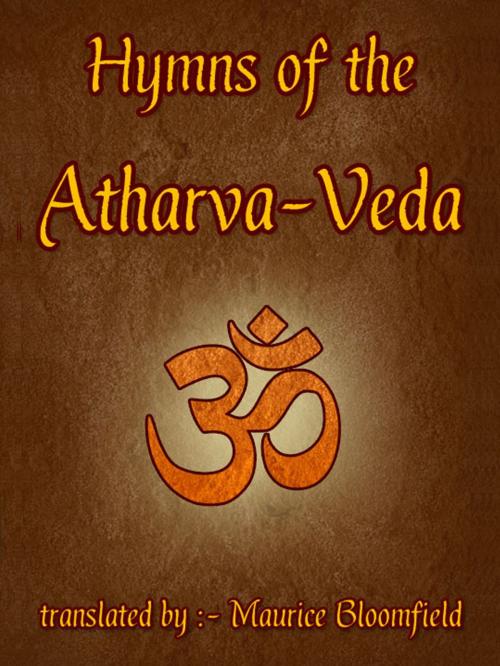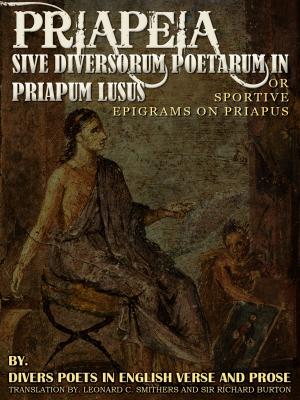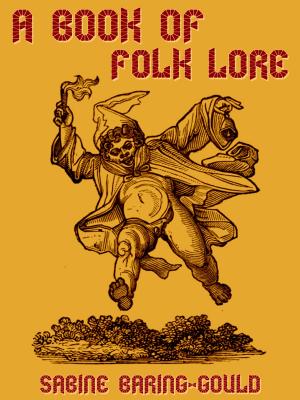Hymns Of The Atharva-Veda
Nonfiction, Religion & Spirituality, Eastern Religions, Hinduism, Inspiration & Meditation, Devotionally, Spirituality| Author: | Maurice Bloomfield | ISBN: | 1230000028839 |
| Publisher: | AppsPublisher | Publication: | November 4, 2012 |
| Imprint: | Language: | English |
| Author: | Maurice Bloomfield |
| ISBN: | 1230000028839 |
| Publisher: | AppsPublisher |
| Publication: | November 4, 2012 |
| Imprint: | |
| Language: | English |
The Atharva-Veda
translated by Maurice Bloomfield
When Agni, having entered the waters, burned, where the (gods) who uphold the order (of the universe) rendered homage (to Agni), there, they say, is thy origin on high: do thou feel for us, and spare us, O takman!
The present volume of translations comprises about one third of the entire material of the Atharva-veda in the text of the Saunaka-school. But it represents the contents and spirit of the fourth Veda in a far greater measure than is indicated by this numerical statement. The twentieth book of the Samhitâ, with the exception of the so-called kuntâpasûktini, seems to be a verbatim repetition of mantras contained in the Rig-veda, being employed in the Vaitâna-sûra at the sastras and stotras of the soma-sacrifice: it is altogether foreign to the spirit of the original Atharvan.
These successive acts of exclusion have made it possible to present a fairly complete history of each of the hymns translated. The employment of the hymns in the Atharvanic practices is in closer touch with the original purpose of the composition or compilation of the hymns than is true in the case of the other collections of Vedic hymns. Many times, though by no means at all times, the practices connected with a given hymn present the key to the correct interpretation of the hymn itself. In any case it is instructive to see what the Atharvan priests did with the hymns of their own school, even if we must judge their performances to be secondary.
The Atharva-Veda
translated by Maurice Bloomfield
When Agni, having entered the waters, burned, where the (gods) who uphold the order (of the universe) rendered homage (to Agni), there, they say, is thy origin on high: do thou feel for us, and spare us, O takman!
The present volume of translations comprises about one third of the entire material of the Atharva-veda in the text of the Saunaka-school. But it represents the contents and spirit of the fourth Veda in a far greater measure than is indicated by this numerical statement. The twentieth book of the Samhitâ, with the exception of the so-called kuntâpasûktini, seems to be a verbatim repetition of mantras contained in the Rig-veda, being employed in the Vaitâna-sûra at the sastras and stotras of the soma-sacrifice: it is altogether foreign to the spirit of the original Atharvan.
These successive acts of exclusion have made it possible to present a fairly complete history of each of the hymns translated. The employment of the hymns in the Atharvanic practices is in closer touch with the original purpose of the composition or compilation of the hymns than is true in the case of the other collections of Vedic hymns. Many times, though by no means at all times, the practices connected with a given hymn present the key to the correct interpretation of the hymn itself. In any case it is instructive to see what the Atharvan priests did with the hymns of their own school, even if we must judge their performances to be secondary.















